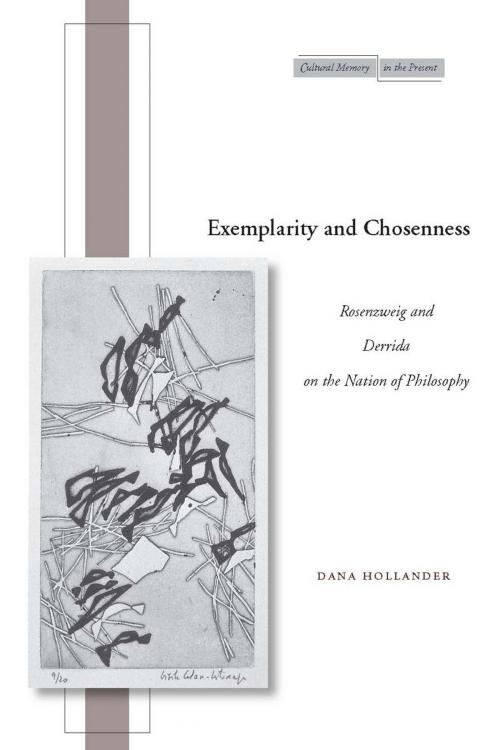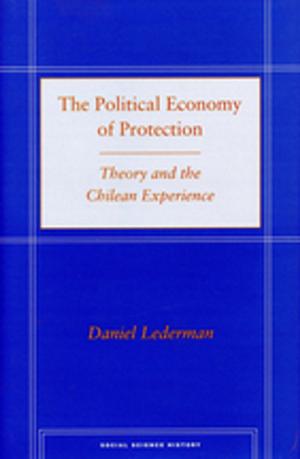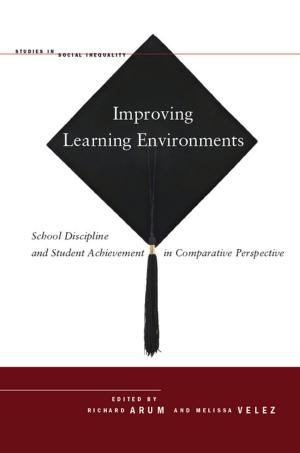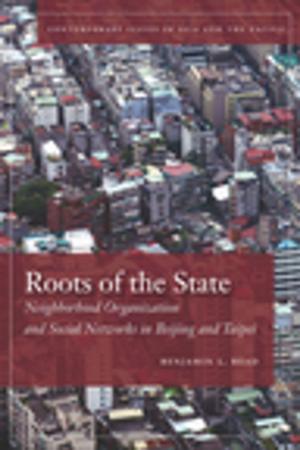Exemplarity and Chosenness
Rosenzweig and Derrida on the Nation of Philosophy
Nonfiction, Religion & Spirituality, Philosophy| Author: | Dana Hollander | ISBN: | 9780804769976 |
| Publisher: | Stanford University Press | Publication: | March 28, 2008 |
| Imprint: | Stanford University Press | Language: | English |
| Author: | Dana Hollander |
| ISBN: | 9780804769976 |
| Publisher: | Stanford University Press |
| Publication: | March 28, 2008 |
| Imprint: | Stanford University Press |
| Language: | English |
Exemplarity and Chosenness is a combined study of the philosophies of Jacques Derrida (1930-2004) and Franz Rosenzweig (1886-1929) that explores the question: How may we account for the possibility of philosophy, of universalism in thinking, without denying that all thinking is also idiomatic and particular? The book traces Derrida's interest in this topic, particularly emphasizing his work on "philosophical nationality" and his insight that philosophy is challenged in a special way by its particular "national" instantiations and that, conversely, discourses invoking a nationality comprise a philosophical ambition, a claim to being "exemplary." Taking as its cue Derrida's readings of German-Jewish authors and his ongoing interest in questions of Jewishness, this book pairs his philosophy with that of Franz Rosenzweig, who developed a theory of Judaism for which election is essential and who understood chosenness in an "exemplarist" sense as constitutive of human individuality as well as of the Jews' role in universal human history.
Exemplarity and Chosenness is a combined study of the philosophies of Jacques Derrida (1930-2004) and Franz Rosenzweig (1886-1929) that explores the question: How may we account for the possibility of philosophy, of universalism in thinking, without denying that all thinking is also idiomatic and particular? The book traces Derrida's interest in this topic, particularly emphasizing his work on "philosophical nationality" and his insight that philosophy is challenged in a special way by its particular "national" instantiations and that, conversely, discourses invoking a nationality comprise a philosophical ambition, a claim to being "exemplary." Taking as its cue Derrida's readings of German-Jewish authors and his ongoing interest in questions of Jewishness, this book pairs his philosophy with that of Franz Rosenzweig, who developed a theory of Judaism for which election is essential and who understood chosenness in an "exemplarist" sense as constitutive of human individuality as well as of the Jews' role in universal human history.















